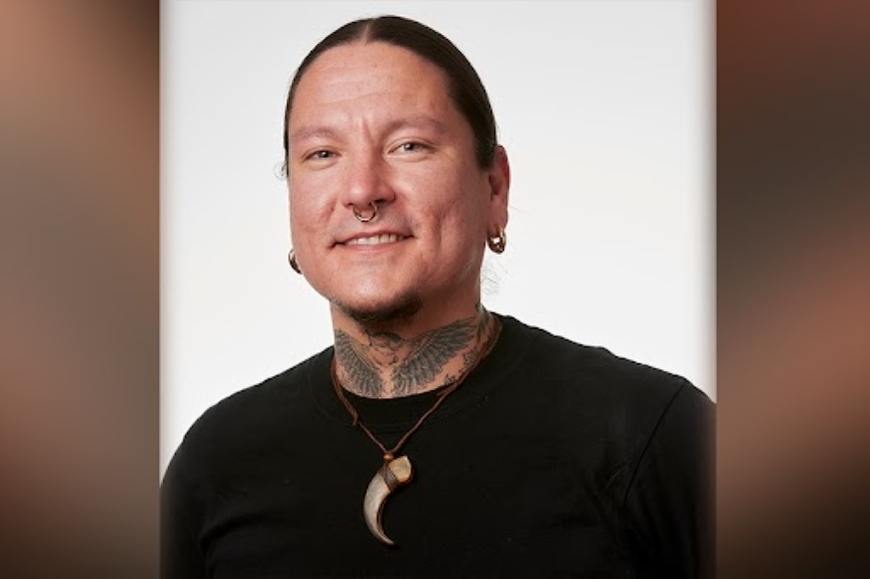A Learner-Centered Approach to Linguistic Research
224 Church Street Se
Minneapolis,
MN
55455
As an L2 learner/speaker of Ojibwe, the heritage language of my paternal family, my motivation for studying linguistics has always been to better understand the technical aspects of Ojibwe grammar in order to speak and teach the language well, and to support others also learning and teaching in the larger language reclamation movement. This talk will be a presentation of my ongoing dissertation research on verbal order in Ojibwe, which is a classification of the systems of affixation a verb takes depending on clause type. I will give specific examples of when and where confusing situations can be demystified by an understanding of clause typing, such as when certain subordinating particles optionally select for complements in multiple verbal orders, and show how my research thus far translates into practical knowledge for L2 speakers wishing to replicate native speaker patterns. This will be a practice talk for presentation at WSCLA 2024 at the end of April.
Mskwaankwad Rice is a PhD student of Linguistics at the University of Minnesota. As an L2 learner of his heritage language, he is interested in all things Ojibwe (endonymically known as Nishnaabemwin in his home dialect) and it is his work in language reclamation that has led him to study linguistics formally. He is interested in syntax and semantics for their import as tools for demystifying complex Ojibwe grammar as this can help learners pick up the language. Outside of academia, his language work includes running a Nishnaabemwin immersion program for L2 adult learners called Eshki-nishnaabemjig, which he co-founded with two fellow learners. He also co-hosts a podcast called The Language, where he and his colleague Miigwanaabiikwe discuss anything and everything related to reclamation and the L2 experience. They hope to support others on their respective journeys in this movement.
You can attend this event either in person in Ford 175, or remotely. In person attendance is recommended. To attend remotely:
- Sign up for the Colloquium listserv: you will receive an email about every event, including virtual meeting information when the event is remote or hybrid
- Request to receive information for this event only
